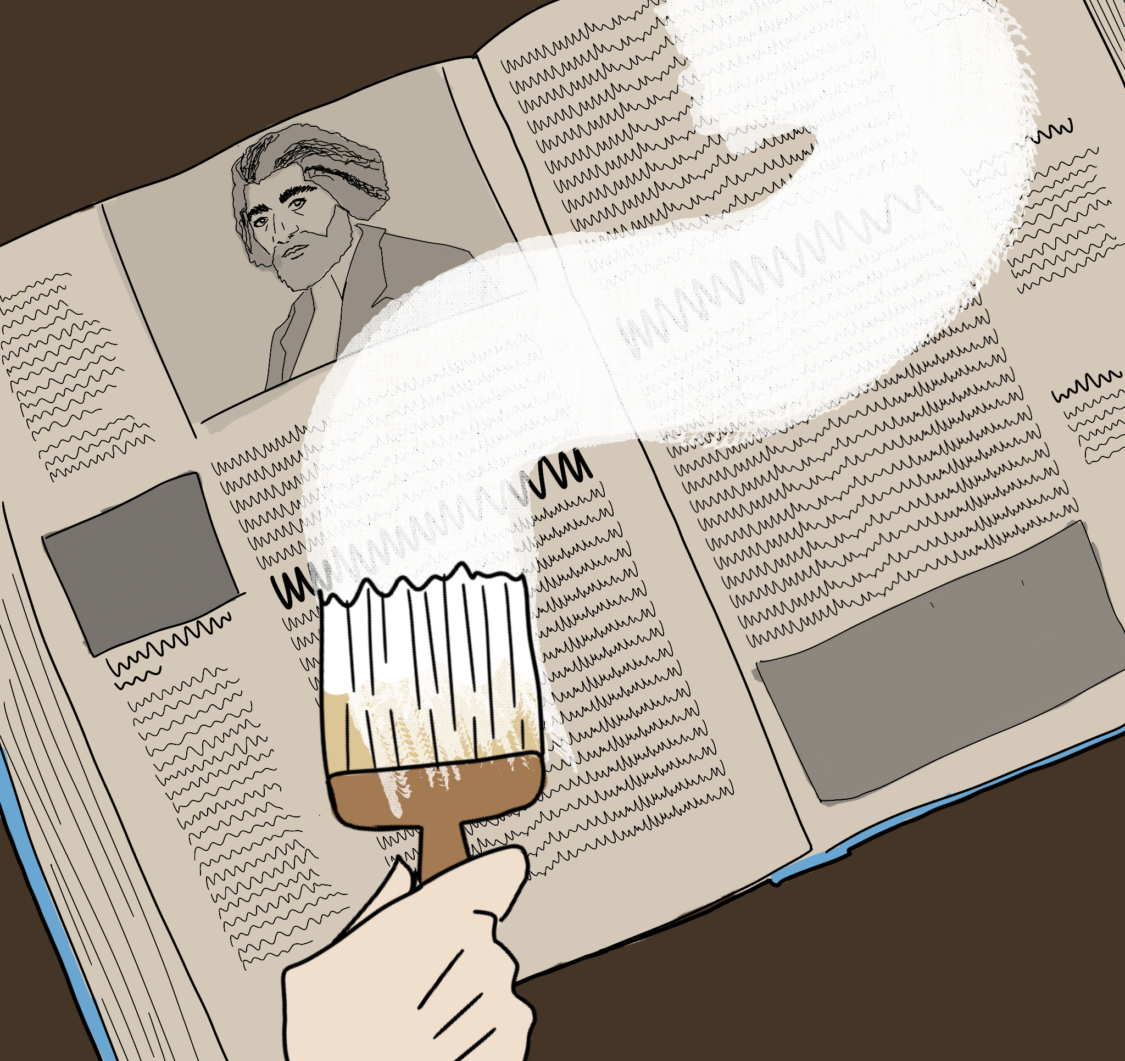Your donation will support the student journalists of the Evanstonian. We are planning a big trip to the Journalism Educators Association conference in Philadelphia in November 2023, and any support will go towards making that trip a reality. Contributions will appear as a charge from SNOSite. Donations are NOT tax-deductible.
Editorial | Students, community must support measures to protect teaching truth & critical thoughts in schools
March 15, 2023
For over a decade, District 202’s mission statement has read, “Embracing its diversity, ETHS dedicates itself to educating all students to their fullest potential.” Although brief, the sentiment reveals the heart of education: learning through variance and wholeness. While ETHS has remained devout to shaping and employing expansive and nuanced curricula, a movement to white-wash education has plagued much of the surrounding nation, depriving students of their right to thorough schooling.
Critical race theory (CRT) is an interdisciplinary framework that explores how societal, political and economic institutions are influenced by the social construction of race, and conservative commentators and politicians have co-opted the term to use as a catchall for any race-related issue in schools. As of this year, Arkansas, Florida, Idaho, Iowa, New Hampshire, Oklahoma and Tennessee have all implemented state legislation that bans the instruction of CRT in public schools, and CRT is under attack in 16 other states through pending bills and school policies. In Florida, Governor Ron DeSantis has openly opposed CRT education, and in a recent wave of restriction, he announced his banning of the College Board’s newest course: Advanced Placement African American Studies (APAAS), which sparked national discourse surrounding censorship and education. But anti-CRT legislation isn’t the only form of censorship; last year, Florida enacted the “Parental Rights in Education Act,” which quickly became recognized as the “Don’t Say Gay” Act, which restricts schools from teaching topics related to gender identity and sexual orientation, and since the original introduction of the bill, 20 different states have initiated a total of 38 copycat bills, many of which attempt to censor classrooms even further. Primary and secondary education are not the only targets, 20 bills attempting to restrict higher level education have been proposed in 13 different states this year alone.
In Illinois right now, House Bill 2789 has been introduced. HB2789 would implement protective measures against censorship within state public libraries and public school libraries. Public libraries that wish to collect grants from the Illinois State Library would have to enable policies against banning books and restricting material. Similarly, House Bill 1485 would establish an Inclusive American History Committee to “(i) address the deficiencies and inadequacies in both perspective and content in traditional history course material and instruction and (ii) develop multiperspective, inclusive, and comprehensive standards that a school may use as a guide in replacing or developing its curricula for history education.” Also in the Illinois House, HB2490 would require every public school to enact an extensive curriculum on the 1954-1968 civil rights movement and other historical examples of injustice.
In our state, we have the opportunity to preserve education and stand in the face of educational suppression. A push for censorship is an attack on education broadly. It is vital that Illinois defends against this national war on learning through enacted legislation and active enforcement. At a student level, it is essential to engage with expansive curricula, seek out further information and contribute to political dialogue surrounding education. It is student education at stake, and it is students that must make their voices heard. Within the Evanston community, everyone must commit to understanding local political and educational dialogue and initiating action. Whether voting in municipal or school board elections, or encouraging those around you to vote, democracy is contingent on engagement.
As a publication, for years, The Evanstonian has dissected the historic and current overlap between educational institutions and inequity. Although The Evanstonian has reported on ETHS’ deficiencies in terms of enabling equity, we recognize and appreciate that ETHS’ local flaws are nothing compared to the national discourse that attempts to erase and suppress diverse voices. As one of 60 schools piloting APAAS this year, ETHS is taking a stand against the countrywide forces that work to diminish an educational experience that is driven by engaging with true history, culturally responsive curricula and indiscriminate perspectives. As a student publication, The Evanstonian would like to express gratitude to attend a school that embraces diverse conversations and tackles nuanced topics. It is vital that, as students, we continue to push against discriminatory censorship and advocate for diverse curricula both within ETHS walls and across the entire country.

